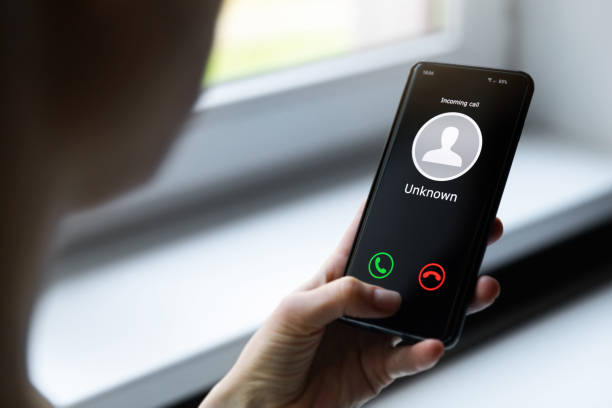Identity theft is a common and most dangerous threat on the internet. If any cybercriminals have access to your financial information, it can be a severe threat. Today, we are here to explain how you can keep your personal data protected from these cybercriminals.
Today, most internet traffic is from mobile devices, making these devices a similar target to computer users. Mobile scams and malware apps are on the rise, and online scammers have evolved to become much smarter at taking you into providing your data.
Make sure you know about different types of mobile scams. The best way to identify them while keeping your data safe is by going through the below-mentioned tips by Raghib Khan of Phonato Studios.
Malware apps
Since many copied versions of different apps are increasing on the official App Store, it can be challenging to know whether it is genuine or not. So how do you know if an unknown developer with great reviews is really making useful apps or building a platform to get malware onto your smartphone? Here are a few tips on spotting a fake mobile app:
- Make sure to do some research on the app before downloading it. Search the internet for the application and its developer. The legitimate developers always have a website that discusses their application and any additional applications the company has made.
- Check out the available reviews of the app. It can be a scam if the reviews are short and look like a script. Sometimes, you can also find reviews from users that were duped by that app.
- Pay attention to the application’s image, design, fonts, spellings, logos, and other such things. Good design always indicates a good app. Most scammers are usually in a rush and do not pay much attention to the images. Make sure to keep an eye for misspellings, mismatched fonts, and other such things.
- The legitimate app developers usually write a good explanation of the features and instructions of the app. So make sure to check that also.
- Most fake applications are clones of established applications. And make sure always to examine the developer’s name to check if it matches up with the original app. Also, check the number of reviews as most popular applications have hundreds of reviews.
Social media spam
You probably already know a few accounts of weird names with zero followers if you are on Twitter. You may also have received a tweet with a long or short link. Facebook is also packed with fake profiles, some of which are real introverts, but most profiles are there to provide you fake likes on-demand or to spam you with phishing links. No matter how convincing a message may be, make sure to never click on any link sent by a stranger or send money. Even if it seems harmless, you can end up giving your valuable information to a scammer. Not only this, but you may also end up having malware inserted into your mobile, which can be much more dangerous.
SMS Phishing
Just like social media spam, you may also experience spamming over old-fashioned SMS. You may receive messages from unknown numbers urging you to click on the link and open in your phone’s browser or replying to a specific text. As mentioned above, clicking on these links or responding to these messages may be harmless, but they can also insert malware on your phone. If not, the scammers will know that your number is active, and they may try to target you again. SMS scams are present in different forms, such as free ringtones, pressing matters from your financial institution, or something else that may sound too good to be true. SMS scams use tactics to get a quick reply from the users without giving them much time to think about the action. When it comes to sending you an SMS from a bank or financial institution, the scammer requests immediate action, or your account will be closed. Some people get worried about this and immediately do as the SMS reads. If you feel your bank account is in danger, make sure to always check up with the banks or financial institutions’ customer care number online and call them to verify the text message.
Vishing
Also known as voice phishing, vishing is another form of online scam that many people experience. A scammer can call pretending to be your bank and ask for security details and your PIN to inform you that your debit/credit card has been compromised and a courier will be arriving with a replacement. Most voice pissing calls can be easily identified, and you may know that the replacement is a fake. But sometimes, scammers get away with genuine cards and security details. Even with high awareness about these voice calls, this type of online scamming is highly effective. Keep in mind that your bank will never ask for your PIN, so avoid giving it to anyone who asks for it. Even if you do receive an unexpected call from your bank, make sure to tell them that you will call them back before giving any kind of security details.
And even though mobile malware is on the rise, you can keep yourself protected by acting smart. Make sure to educate yourself by utilizing the information mentioned above by Raghib Khan of Phonato Studios. You can also consider adding an extra layer of protection to your phone by installing a security app to protect yourself from any kind of threats on your mobile internet.
Read Also:
Is SW418: Authorized or Not?
Pentagon says 100% of Putin’s forces on the border are now in Ukraine as invasion grinds to a halt
